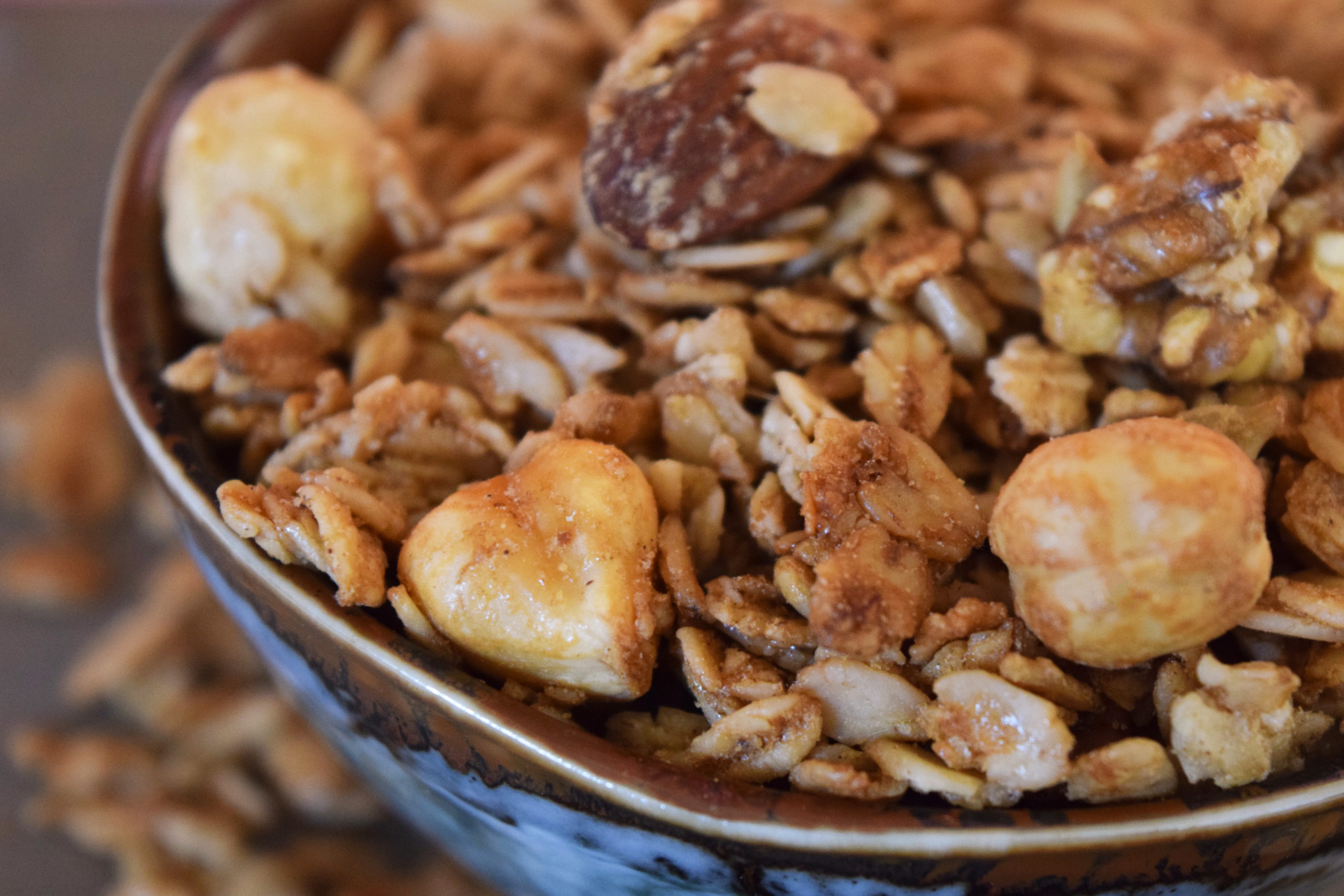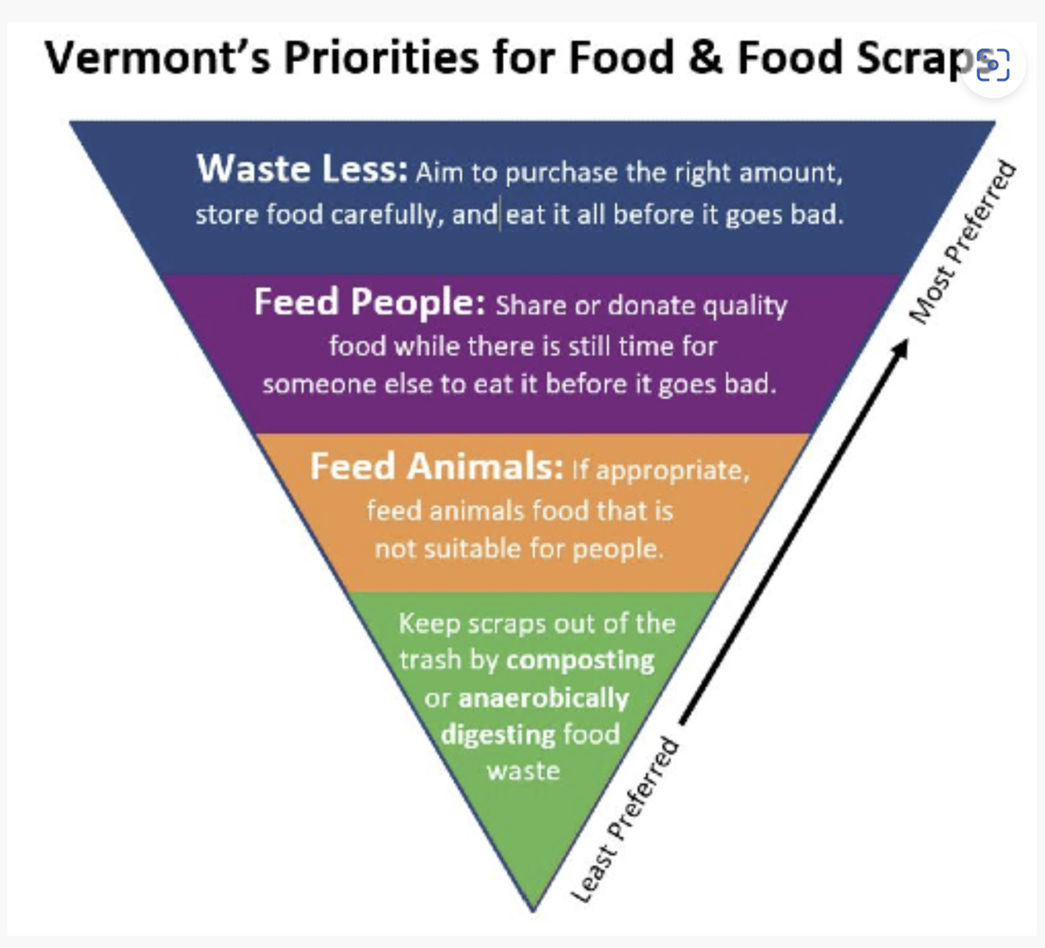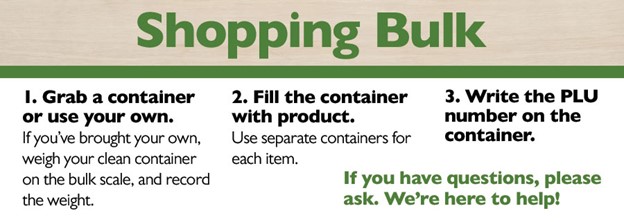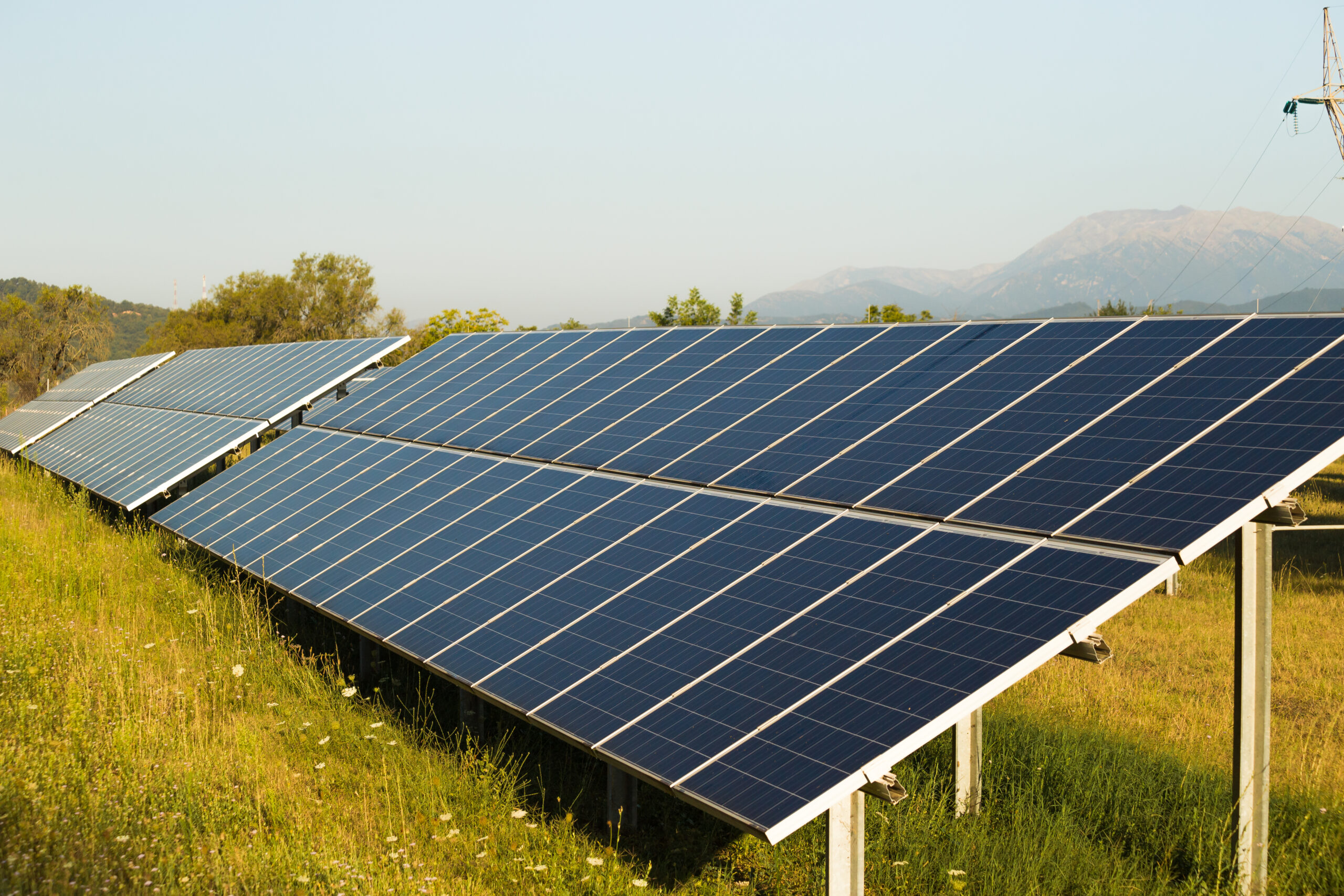
Limiting Food Waste
Our co-op takes great care to ensure we utilize food for its highest use. Learn more about our general process for avoiding food waste and tips for you at home.
Earth Day is one of our favorite holidays. That said, trying to reduce our co-op’s impact on the planet is baked into all that we do every day, and we hope our efforts help you to reduce your impact as well.
Our co-op takes great care to ensure we utilize food for its highest use. Here is an outline of our general process for avoiding any waste of food:
- Unsalable products that our Prepared Foods Department cannot utilize are made available to employees on our Cull Cart.
- The remaining products are picked up regularly for distribution by local food pantries.
- Vermont Compost utilizes our food scraps in their composting process and for chicken feed, some of which comes back to the co-op as soil products and eggs.
Our practices are consistent with (and predate) Vermont’s Universal Recycling Law (Act 148) which prioritizes utilizing food waste as a resource.

Data:
- Last year, our co-op provided an estimated 56,000 pounds of food to local food pantries.
- Approximately 31 tons of organic material were sent to Vermont Compost.
- Including composting and recycling, we diverted approximately 75% of total waste materials from the landfill.
By contrast:
- The USDA estimates that 30-40% of the food the United States produces ends its life in landfills. The EPA estimates that food waste accounts for as much as 8 percent of global greenhouse gas emissions, of which the United States produces 11 percent.
- The National Resources Defense Council estimates that American households of four people throw out an average of $120 worth of food each month.
On average, families throw away 14-25% of the food they buy. It’s an astonishing number and something each of us can easily take control of. This article on food waste provides some interesting facts and strategies for wasting less.
One option unique to co-ops and natural food stores is the opportunity to shop in bulk. The ability to choose just how much you want of something reduces both waste and pressure on your wallet.
In the bulk department, re-using containers keeps more plastic out of the waste stream. And eating whole, unprocessed foods is good for your body. And if shopping in the bulk section is unfamiliar, do not worry. Our friendly staff is happy to help, and instructions are posted in the department.

If you want quick food preparation tips, check out these videos on cooking legumes, rice, and other grains. Are you wondering what to turn all of those whole foods into? Try this pilaf, this nourishing soup, or a hearty grain salad.
On a broader scale, our co-op supports many small, local farmers and producers. Choosing local, organically grown, and made products makes a difference. The regenerative practices that many small, organic farms utilize build healthy soils, maintain diverse habitats and keep the land viable for future generations. Buying local and organic uses fewer fossil fuels for transport, and the absence of chemical fertilizers also reduces overall carbon emissions. The threats of climate change can feel overwhelming sometimes. It can help to know that our daily choices can make a difference.


